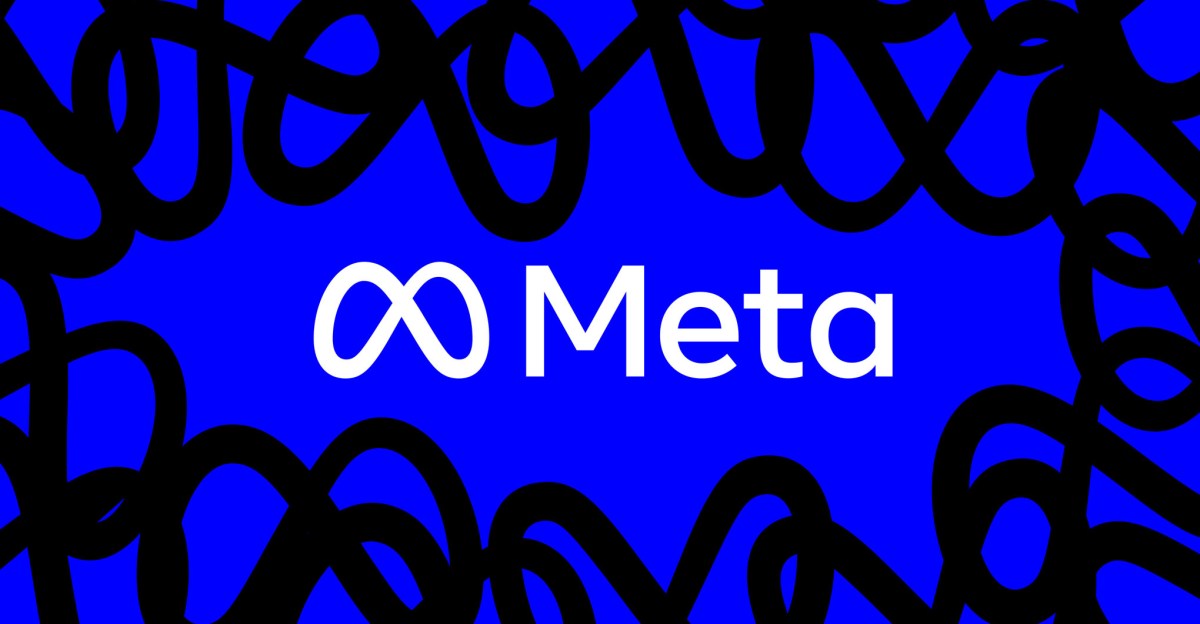Mark Zuckerberg to Introduce Premium Tier and Advertisements for Meta’s AI Application

Meta AI App Introducing Paid Features
New Developments in Meta AI
Meta, the parent company of Facebook and Instagram, is making strides in the competitive field of artificial intelligence (AI) with its recently launched standalone Meta AI app. This development aims to enhance user interaction with chatbots and expand creative capabilities by allowing users to generate images. Mark Zuckerberg, the CEO of Meta, highlighted during a Q1 2025 earnings call the company’s plans for a potential paid tier within this app.
Paid Tier Plans
Zuckerberg outlined that the new premium service would provide users with more computing power and additional functionalities. This move is intended to help Meta compete more effectively with well-established rivals like OpenAI, Google, and Microsoft, all of whom currently offer subscription services with enhanced features. The introduction of a paid tier aligns with a growing trend in the tech industry toward monetizing AI services to enhance user experience.
User Base and Accessibility
The Meta AI app has rapidly gained popularity, boasting nearly 1 billion users. Initially, the chatbot functionality was integrated into Meta’s existing platforms, including Facebook, Messenger, and WhatsApp. The standalone app allows users a dedicated space to interact with the AI, making it more accessible and user-friendly.
Investment in AI
Meta has demonstrated a strong commitment to its AI developments. Recent reports indicate that the company generated about $42 billion in revenue over the last few months. In light of this success, Meta anticipates increasing its investment in AI to an impressive $72 billion, surpassing the previously anticipated amount of $65 billion. This investment reflects Meta’s ambition to stay at the forefront of AI technology and enhance its offerings.
Feature Enhancements and Advertisements
In addition to the paid subscription model, Zuckerberg mentioned the potential introduction of product recommendations and targeted advertisements within the Meta AI app. However, the timeline for these features is still uncertain. Zuckerberg noted that for at least the next year, the primary focus would be on scaling the service and enhancing user engagement, rather than rolling out monetization features like ads or subscriptions.
Competitor Analysis
The move toward a paid tier mirrors strategies adopted by competitors:
- OpenAI’s ChatGPT: Offers a subscription model for advanced features.
- Google’s Gemini: Provides premium services to enhance user experience.
- Microsoft’s Copilot: Includes paid features for enhanced productivity.
Each of these competitors has successfully attracted users by offering additional functionalities, which raises the anticipation around Meta’s upcoming features.
Future Directions
While the specifics of the paid tier and advertisement integration remain unclear, the focus on scaling and improving user experience indicates that Meta is committed to ensuring that the Meta AI app meets user needs before monetization. As the competitive landscape evolves, Meta’s decisions will likely shape how users interact with AI in the future.
By investing heavily in AI and creating a user-friendly app environment, Meta is positioning itself as a serious player in the AI market. With its growing user base and planned feature enhancements, the Meta AI app might soon provide a compelling alternative to existing AI solutions, particularly as the company refines its offerings and broadens its capabilities.





